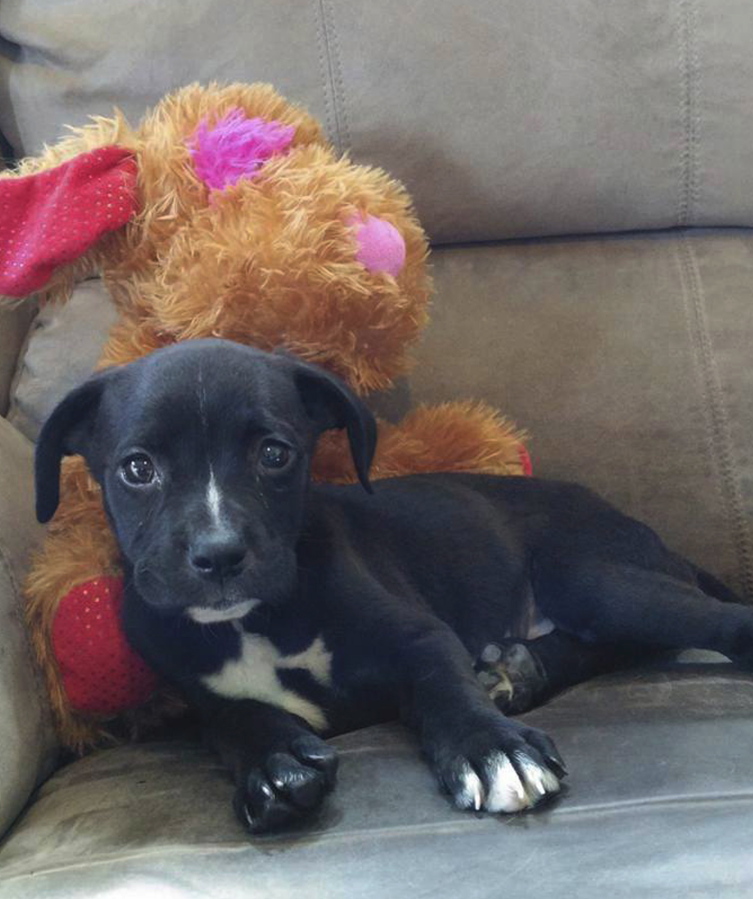ALBANY, N.Y. — When Alexis Kozmon and her husband decided to get a dog for their 6-year-old daughter, they chose to adopt rather than buy from a breeder to teach the child the value of rescuing.
Four weeks later, the puppy the family named Sugar was dying painfully from distemper, and despite $3,000 in veterinary treatments, the only humane option was to put her down. Two of Sugar’s siblings met the same fate. Kozmon faulted the volunteer-based rescue that had trucked the puppies from Texas, but when she complained to New York’s consumer protection agency, she learned such groups are exempt from oversight.
“There was a loophole,” said Kozmon, who lives in Middletown, Conn., but adopted from a group in southeastern New York. “There was nothing they could do to follow up or investigate.”
Kozmon is among the animal lovers who pushed for a new law to provide state oversight of nonprofit pet adoption groups. It cracks down on everything from shoddy health and record-keeping to unscrupulous pet dealers rebranding themselves as nonprofit “rescues” and peddling puppies from the same puppy mills adopters seek to avoid.
The law, signed by Democratic Gov. Andrew Cuomo this month, puts nonprofit shelters and rescues under the same state Agriculture and Markets regulations that cover licensed pet dealers and municipal shelters.
“You have up to 500 nonprofit entities under no regulation whatsoever,” said Bill Ketzer, a regional official with the American Society for the Prevention of Cruelty to Animals.
The new law requires the organizations to register with the agriculture agency, follow state documentation and vaccination requirements and disclose the number of animals transported annually. It also gives the agency the authority to craft additional regulations.
More than 35 states have some form of regulation of shelters and rescues, ranging from simple registration to standards of care, Ketzer said. Massachusetts lists state-approved organizations online.
Ketzer said New York’s lack of oversight has spawned a brisk trade in puppies shipped from southern states and overseas to the Northeast, where the local supply has been reduced by aggressive spay-and-neuter programs and bans on pet store puppies supplied by breeders.
The dogs are often sold quickly without adequate veterinary certification to ensure they aren’t infected with deadly distemper, parvovirus or rabies. If a dog turns out to be sick, the new owner has little recourse under current regulations.
Michelle Linendoll, of South Glens Falls, is one of several adopters who say their puppies were infected with parvovirus at an upstate New York shelter that receives animals from Georgia, Alabama and other southern states. Her puppy, Tanner, survived, but others died after their owners spent thousands of dollars trying to save them.
“Peanut died in my car on our way to the vet; I held him when he took his last breath,” said Sara Butler, who got an 8-week-old boxer mix from the same rescue.
The lack of oversight also threatens human health. In 2013, a puppy that was shipped from Texas to an upstate New York rescue was sold to a Vermont woman. It turned out to have rabies, and 15 people had to undergo rabies shots.




